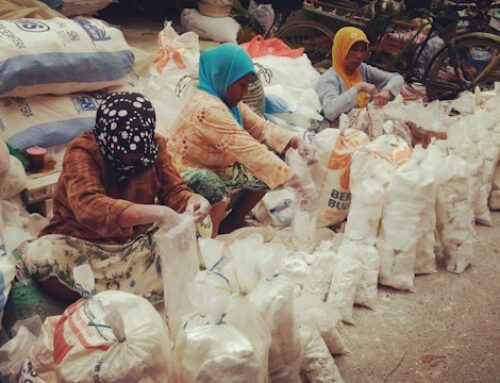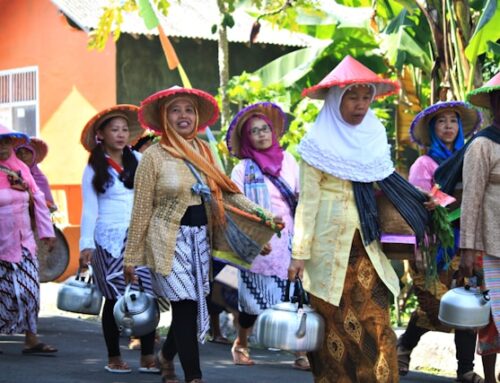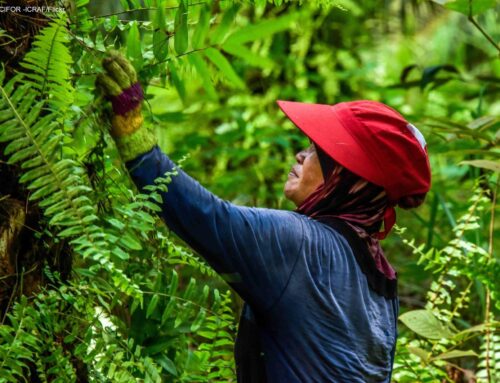Stunting has become a global problem that contributes to many deaths in children and is an indicator of inequality in human development. This study seeks to explain the pathways by which the Indonesian conditional cash transfer (CCT), namely, the Family Hope Program (FHP), can help reduce the stunting rates in Bima City, West Nusa Tenggara, Indonesia. In Bima City, the stunting rate decreased by more than half within the last five years from 36.5% in 2017 to 14.81% in 2022. Using thematic analysis, this study identifies the possible mechanisms of how the FHP can influence child nutrition based on semi-structured in-depth interviews with 15 beneficiary households of FHP throughout five subdistricts in Bima City. This study finds that some pathways of FHP contribute to reducing stunting in Bima City, such as through cash transfers to women, micronutrient intervention, education in health and nutrition from program facilitators, and health visits as a program conditionality. The external environment also matters in supporting the stunting reduction in Bima City, for example, the existence of applications to report stunting, field visits from health workers, and the role of higher education institutions.
Speaker: Romi Bhakti Hartarto (Universitas Muhammadiyah Yogyakarta) dan Muhammad Rizkan (Universitas Muhammadiyah Bima)
Discussant: Yohanna Gultom (Fakultas Ekonomi dan Bisnis, Universitas Indonesia)
Thursday, 13 July 2023 at 10-11.30am WIB (11.30-13.00 WITA)
This seminar will be online on Zoom. Please register to get your unique ID: https://bit.ly/fkp13july
Photo by Andrea Huls Pareja on Unsplash
Slides and video for past seminars:




